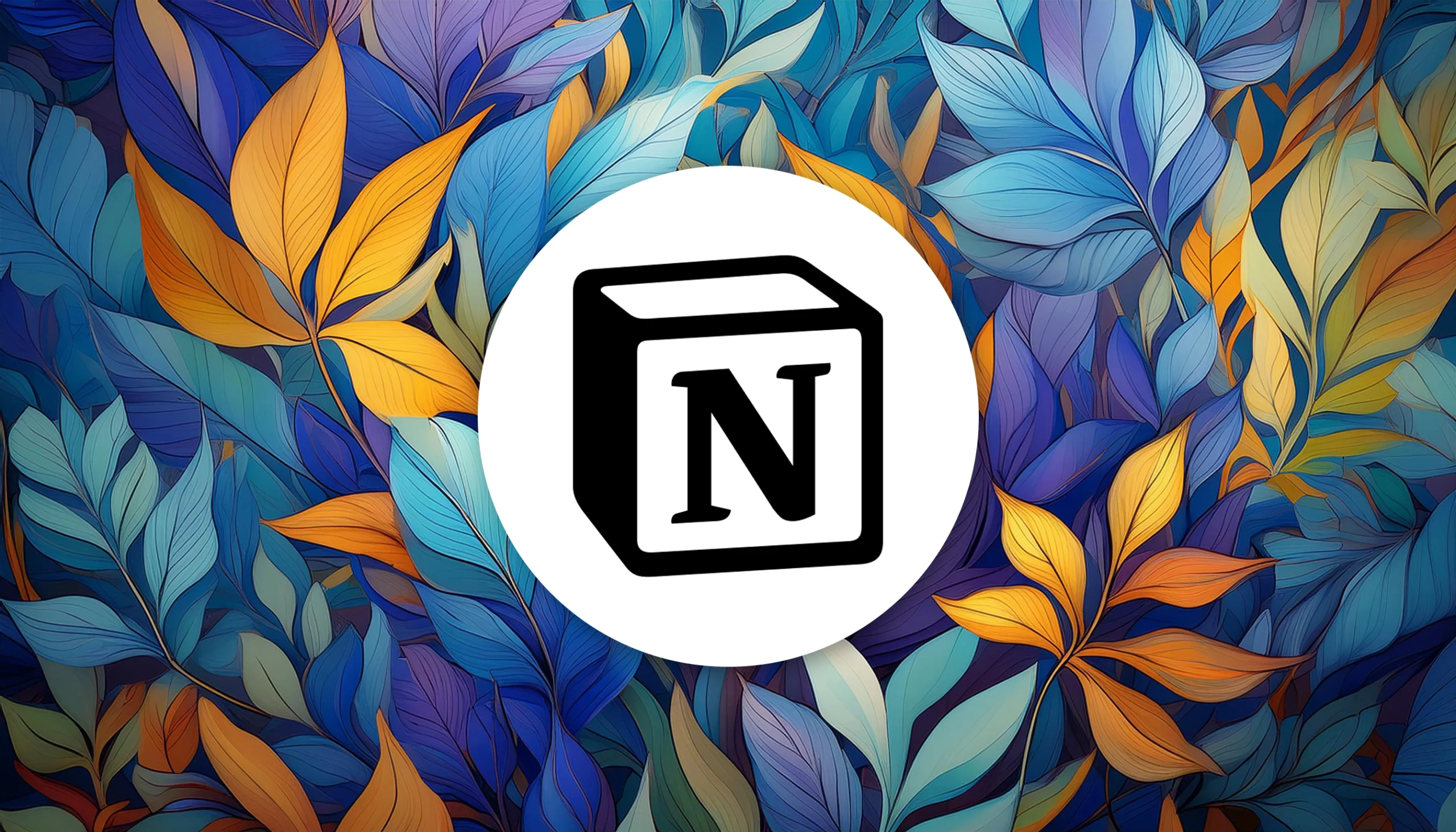Your cart is currently empty!
A brand’s reputation is often the invisible thread that ties its value, trustworthiness, and appeal together. This guide covers the basics of brand reputation and what you need to know for your business.
What is Brand Reputation?
When we talk about brand reputation, we’re referring to the collective perception of a brand by its audience, which includes customers, stakeholders, and the general public.
Brand reputation culminates past actions, ongoing initiatives, future promises, interactions, product releases, customer service calls, and marketing campaigns. As in, anything can contribute to this overarching narrative.
Understanding reputation means delving deep into the public’s emotions, perceptions, and opinions about that brand. It’s a blend of intangible elements that, together, form an image that can either propel a brand to success or drag it to obscurity.
Why Brand Reputation is Crucial
A good reputation can be a business’s most powerful asset, while a poor one can be its most significant liability. The implications of a reputation extend far beyond the opinions of its customers. Here are a few key considerations:
- Trust and Loyalty: A strong reputation builds trust, leading to customer loyalty and recommendations.
- Financial Gains: A positive reputation often correlates with increased sales and business growth, while a negative image can lead to losses.
- Employee Morale: A well-respected brand attracts top talent and often has higher employee retention.
Key Factors Influencing Brand Reputation
Several considerations play a role in shaping public perception of a brand. Some factors directly reflect brand actions, while others may be out of the brand’s immediate control.
- Customer Feedback: With platforms like Google Business Profile and Yelp, customers wield considerable influence over a brand’s image.
- Media Portrayals: How media outlets describe a brand—be it in news pieces, interviews, or opinion articles—can significantly sway public perception.
- Brand Messaging: Everything from the brand’s marketing campaigns to its responses in crisis shape its reputation.
- Corporate Social Responsibility: Today’s consumers often resonate with socially conscious brands. If done well, active involvement in societal and environmental causes can elevate a brand’s reputation.
- Quality of Offerings: Ultimately, a brand’s products or services lie at the heart of its reputation. Excellence and consistency determine this.
Get Started with Reputation Management
Venturing into the realm of brand reputation can feel overwhelming, but the right approach can fortify your brand’s standing. Here’s a guide to help you navigate the steps:
1. Assess Your Current Reputation
Before embarking on any strategies to enhance your brand’s reputation, take a moment to understand where you currently stand.
- Conduct a thorough online search of your brand to see what pops up.
- Check review sites and social media channels for mentions, feedback, or complaints.
- Survey existing customers to gather direct feedback.
2. Define Your Brand Identity
Understanding who you are as a brand and what you represent is foundational.
- Identify your core values and mission.
- Clearly define your brand voice, style, and persona.
3. Create High-Quality Content
Quality content boosts SEO and positions your brand as an authority in your industry.
- Share valuable and relevant blog posts, videos, or podcasts.
- Engage in guest posting or collaborations to reach a broader audience.
4. Engage with Your Audience
Reputation isn’t built in isolation; it’s co-created with your audience.
- Be active on social media channels relevant to your audience.
- Respond to positive and negative reviews in a timely and respectful manner. This is essential for Local SEO.
- Listen actively to feedback and show genuine commitment to improving based on it.
5. Monitor and Adjust
Brand reputation management is an ongoing process.
- Set up tools to keep an eye on mentions and feedback.
- Regularly review and assess your strategies, and adjust based on results.
Building and maintaining a solid brand reputation is a long-term strategy. Stay committed, be authentic, and prioritize the needs and sentiments of your audience. Your brand’s reputation should thrive with consistent effort and the right strategies.
Top Brand Reputation Tools
Managing and monitoring your brand’s reputation can be tricky. Here are five leading tools that help simplify the process:
- Google Alerts: A free tool that allows users to monitor the web for specific keywords. It’s especially beneficial for small businesses or those just embarking on reputation management.
- Mention: Offers real-time media monitoring, providing businesses with vital insights into their online perception across various platforms, including social media, blogs, and news outlets.
- Brand24: Delivers instant access to mentions across the internet, complete with sentiment analysis to discern the nature of these mentions and an influencer score to pinpoint key voices discussing your brand.
- Reputology: Tailored for location-based businesses, this tool specializes in monitoring and managing online reviews across platforms like Yelp, Google Reviews, and TripAdvisor.
- Talkwalker: A comprehensive tool that provides insights from various sources, from social media to offline channels like print and broadcast. It’s best for large enterprises and agencies requiring in-depth analysis.
Bottom Line
Brand reputation is shaped by many factors, from past deeds, product launches, and customer service, to marketing campaigns and beyond. Essentially, brand reputation embodies how the public perceives a brand. ?






